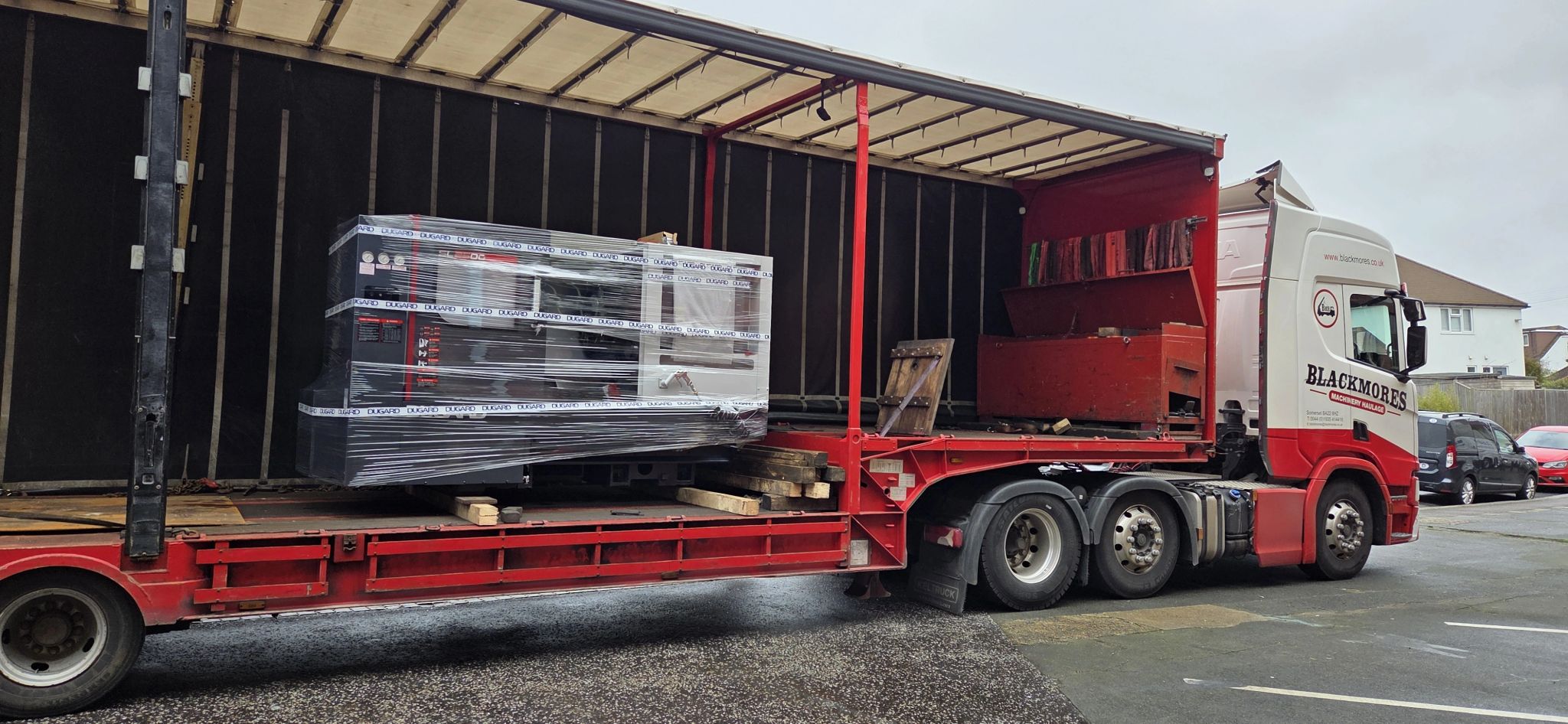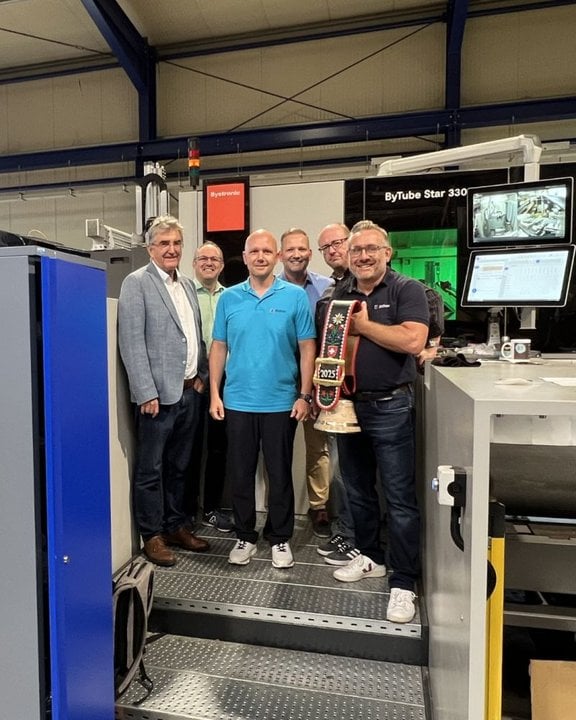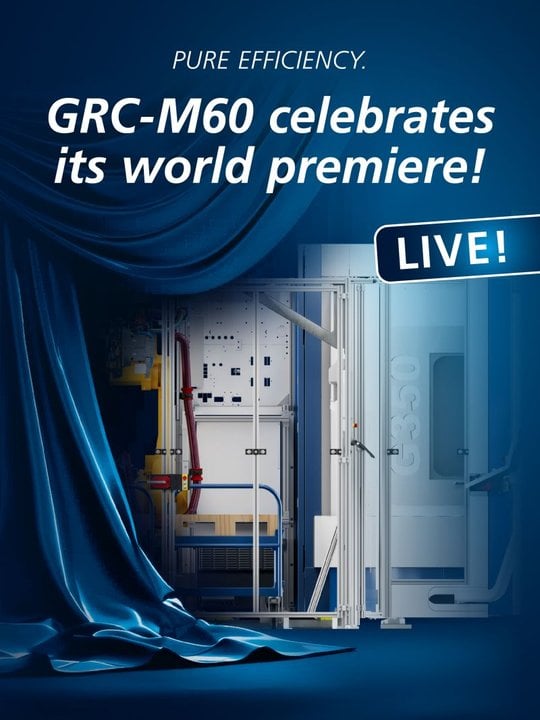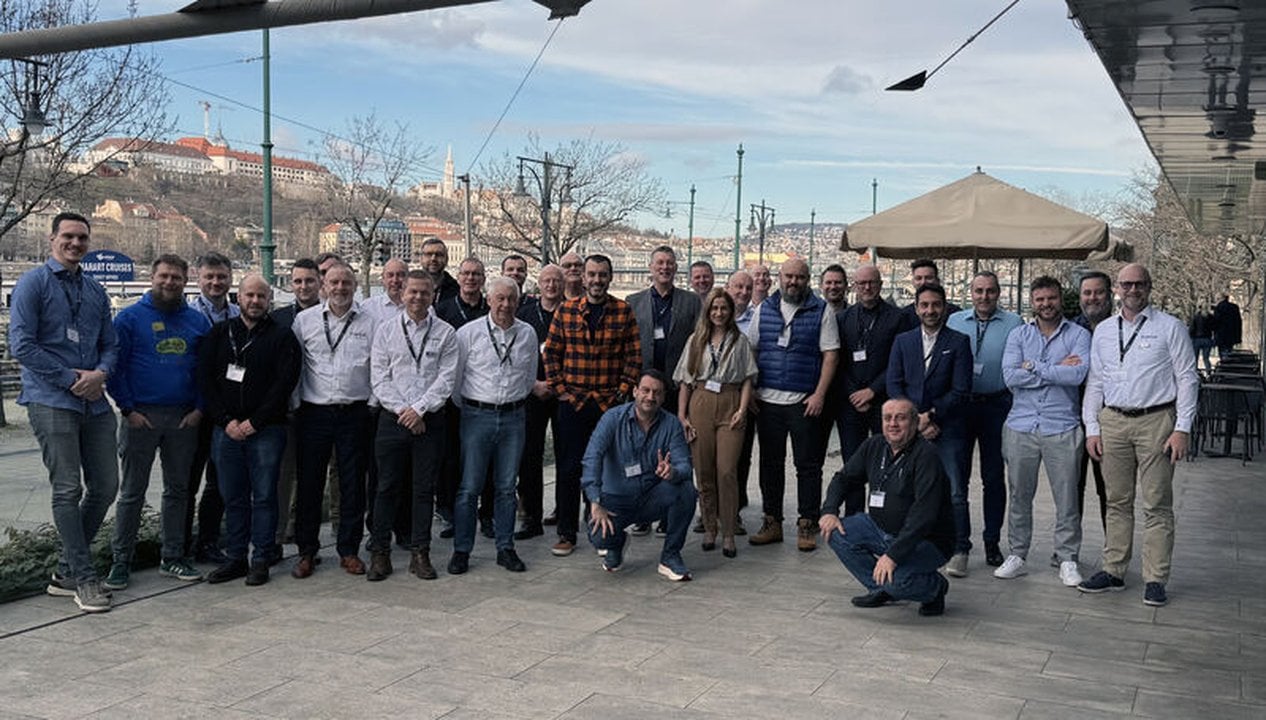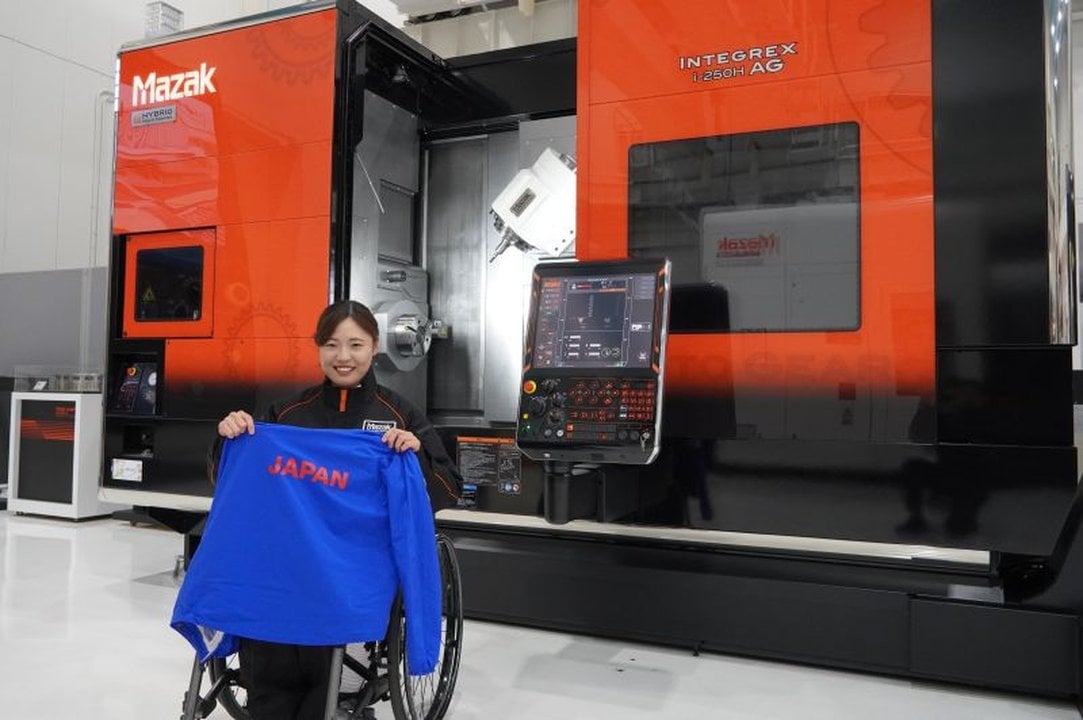
🎧-Tool craft for aircraft
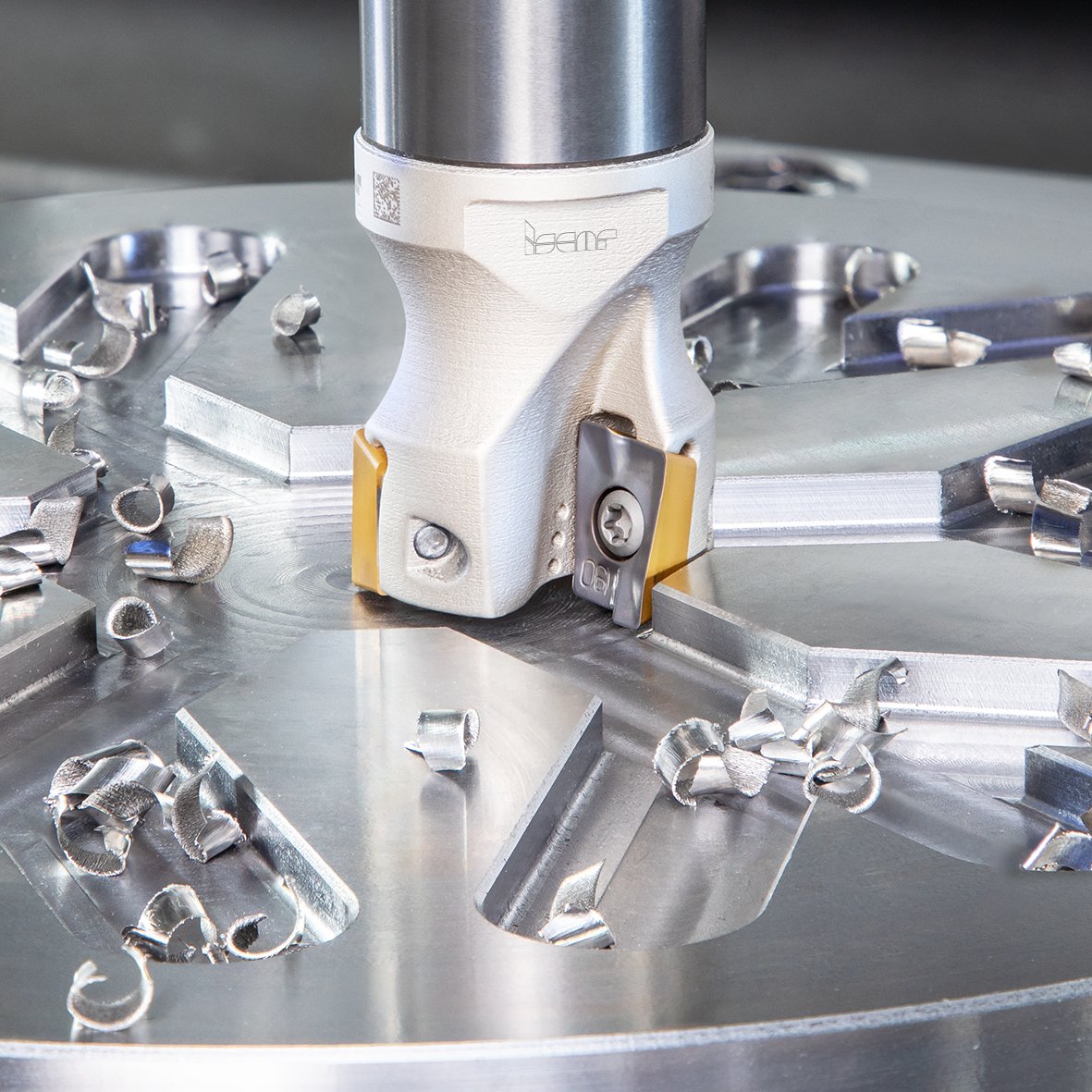
Titanium, high-temperature superalloys (HTSA), and creep-resisting steel used in the aerospace sector are difficult to cut and can create a bottleneck for the supply chain. Poor machinability results in low cutting speeds that reduce productivity and tool life. Furthermore, modern aircraft and UAVs feature a considerably increased share of composite materials that demand specific cutting tools, which is the focus of a technological leap in the aerospace industry.
Most geometrically complicated parts of aero engines work in highly corrosive environments and are made from hard-to-cut materials. A combination of complex shapes, low material machinability and high accuracy requirements are the main difficulties in producing engine parts.
Advanced multitasking machines and live tooling lathes have changed the manufacturing of small parts of various hydraulic and pneumatic systems and accessories used in aircraft. Consequently, the aerospace industry requires more cutting tools designed specifically for such machines to achieve maximum efficiency. This means the cutting tool now turns into a key pillar for substantially improved performance. Therefore, aerospace part manufacturers and machine tool builders are waiting for innovative solutions for a new level of chip removal processes from their cutting tool producers.
 When machining aero-grade alloys high-pressure cooling (HPC) is efficient for improving performance. ISCAR has expanded its HPC range by introducing new milling cutters carrying the well-known HELI200 and HELIMILL indexable inserts with two cutting edges. ISCAR introduced the HELIMILL family of indexable milling tools in the 1990’s. It now has a new design with constant rake and relief angles to reduce power consumption.
When machining aero-grade alloys high-pressure cooling (HPC) is efficient for improving performance. ISCAR has expanded its HPC range by introducing new milling cutters carrying the well-known HELI200 and HELIMILL indexable inserts with two cutting edges. ISCAR introduced the HELIMILL family of indexable milling tools in the 1990’s. It now has a new design with constant rake and relief angles to reduce power consumption.
 ISCAR considerably expanded its line of assembled modular turning tools with new bars and exchangeable heads with indexable inserts. With the use of a serrated connection, these tools fit a wide range of heads with different insert geometries. The bars have both traditional and anti-vibration designs with the delivery of internal coolant supplied directly to the insert cutting edge. Depending on the diameter of a cylindrical-shank tool, the maximum coolant pressure varies from 30 to 70 bar while polygonal taper shank tools facilitate HPC up to 300 bar.
ISCAR considerably expanded its line of assembled modular turning tools with new bars and exchangeable heads with indexable inserts. With the use of a serrated connection, these tools fit a wide range of heads with different insert geometries. The bars have both traditional and anti-vibration designs with the delivery of internal coolant supplied directly to the insert cutting edge. Depending on the diameter of a cylindrical-shank tool, the maximum coolant pressure varies from 30 to 70 bar while polygonal taper shank tools facilitate HPC up to 300 bar.
 Machining composites is filled with traps and pitfalls, so ISCAR developed PCD and diamond-coated drills for abrasion resistance. For deep, small diameter holes that are a common aerospace operation, ISCAR’s new 3 to 10mm solid carbide drills are intended for such an operation. The combination of a split point geometry, a double-margin design, polished flutes and coolant holes provide effective one-pass drilling.
Machining composites is filled with traps and pitfalls, so ISCAR developed PCD and diamond-coated drills for abrasion resistance. For deep, small diameter holes that are a common aerospace operation, ISCAR’s new 3 to 10mm solid carbide drills are intended for such an operation. The combination of a split point geometry, a double-margin design, polished flutes and coolant holes provide effective one-pass drilling.
 The effectiveness of chip removal on compact multi-tasking machines and Swiss-type lathes depends largely on correct tool selection. Demands to increase productivity require maximum tool holding stiffness and limited working space to minimise tool overhang. Recently, ISCAR introduced NEOCOLLET which provides an alternative to clamping tools with spring collets. One toolholder in this family has a tapered shank that can be mounted in a collet chuck directly, ensuring a rigid and reliable connection to improve tool performance. The new family includes the holders for ISCAR T-SLOT exchangeable slot and face milling heads.
The effectiveness of chip removal on compact multi-tasking machines and Swiss-type lathes depends largely on correct tool selection. Demands to increase productivity require maximum tool holding stiffness and limited working space to minimise tool overhang. Recently, ISCAR introduced NEOCOLLET which provides an alternative to clamping tools with spring collets. One toolholder in this family has a tapered shank that can be mounted in a collet chuck directly, ensuring a rigid and reliable connection to improve tool performance. The new family includes the holders for ISCAR T-SLOT exchangeable slot and face milling heads.
 Applying HPC can substantially change machining results especially when dealing with titanium, HTSA and stainless steel. The new turning tools with a square shank and a reliable screw clamping mechanism for 55° rhombic inserts facilitate HPC in longitudinal, face and profile turning operations on small-diameter parts.
Applying HPC can substantially change machining results especially when dealing with titanium, HTSA and stainless steel. The new turning tools with a square shank and a reliable screw clamping mechanism for 55° rhombic inserts facilitate HPC in longitudinal, face and profile turning operations on small-diameter parts.
The given examples illustrate how the toolmaker tries to find more effective solutions to meet the new requirements of the aerospace industry. The Covid slowdown did not diminish the cutting tool manufacturers’ focus on their partners and their respective needs. On the contrary, new progressive cutting tools have been developed for the aircraft of tomorrow.




